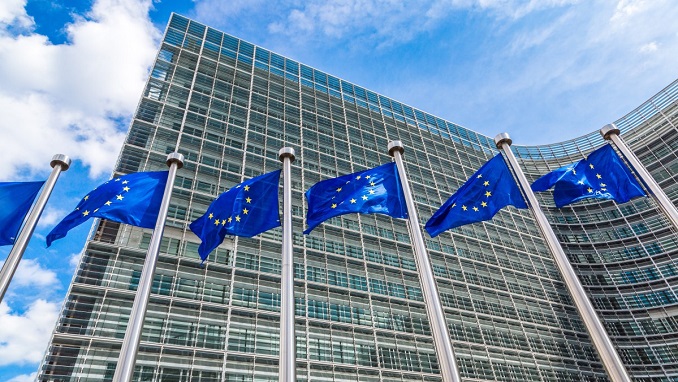The European Union’s appeal in the dispute with Russia on energy adjustments reveals serious structural problems in the trade policy of European countries, as well as changes in the EU policy and approaches as a WTO member, Polina Tonkikh, Director General of the WTO Expertise Center told TASS.
“The intention of the European Union to prevent the execution [of the decision] in the dispute over energy adjustments won by the Russian Federation indicates the existing crisis and serious structural problems in the trade policies of European countries. Such a situation cannot be perceived by the international expert community without perplexity. The fundamental principles of the multilateral trading system imply compliance with international obligations, consistency, and good faith in decision-making by national governments. In recent decades, the EU was considered one of the most principled members of the WTO, committed to the observance of the rules and principles of international trade. Now we are witnessing a turning point in EU policy and approaches,” she said.
According to the expert, the EU has taken advantage of the current vulnerability of the WTO dispute settlement mechanism and is trying to avoid responsibility for actions recognized as illegal at the international level, and by using the rules developed with the active participation of the EU.
“The EU’s blocking of the results of the dispute on energy adjustments by filing an appeal into the “void” threatens the EU’s own achievements in trade cooperation,” she noted.
“This raises a serious, perhaps fundamental in its importance question: how to build EU relations in the future? How to negotiate with the EU?” the expert says.
In her opinion, from a legal point of view, the EU filing an appeal leads to the fact that the decision of the panel will not be approved at a meeting of the dispute settlement body, and the EU will not have an obligation to fulfill it.
“The situation hangs for an indefinite period, until the moment when the WTO members manage to agree on the resumption of the appellate body or through other agreements to resolve the current crisis in the WTO dispute settlement system,” Tonkikh concluded.
On July 24, the arbitration group made the decision in favor of Russia in the country’s dispute with EU over the so-called energy adjustments applied by EU.
The EU practice implies that the costs of Russian enterprises for the purchase of raw materials are not taken into account in anti-dumping investigations. The arbitration group found that this practice contradicts the WTO rules. The arbitrators also stated that specific EU measures regarding welded pipes and ammonium nitrate from Russia were contrary to the rules of the organization. The panel recommended that the EU bring its measures in line with WTO rules.
Earlier on Friday, it became known that the EU had filed an appeal in a dispute with Russia over energy adjustments, thereby blocking the approval of the report of the WTO panel.
Russia’s Economic Development Ministry emphasizes that Brussels is trying to avoid the execution of the decision on the dispute, including the abolition of measures contrary to the WTO rules. According to the ministry, the EU behavior actually obstructs justice, trying to prolong the use of illegal practices to protect its non-competitive producers.












